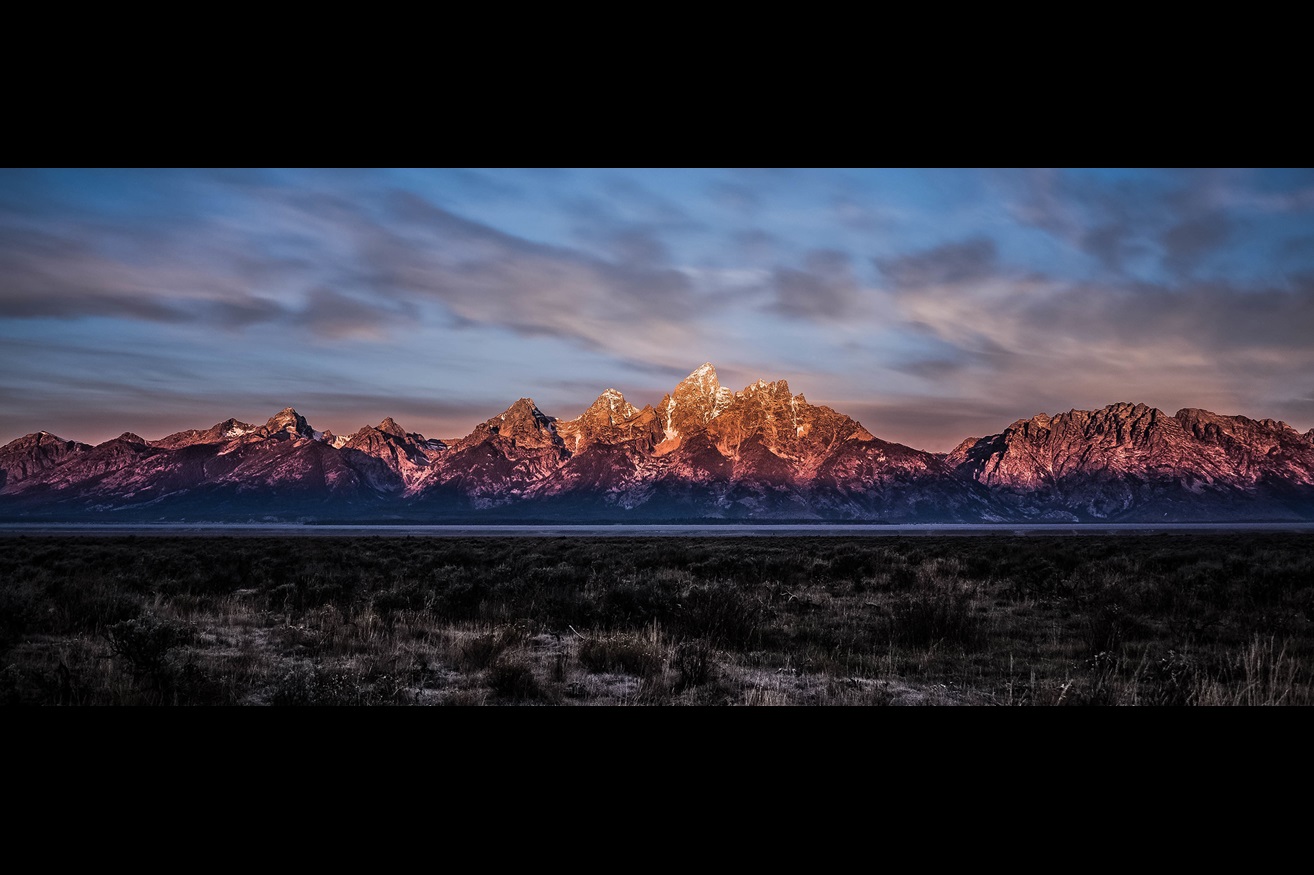
Propose a Fall Meeting session, town hall or workshop

Tips for submitting a proposal
session proposal.
Who can submit?
The primary convener serves as the point of contact for the session and MUST be a CURRENT 2019 AGU member.
Co-conveners are not required to be AGU members; however, to fully participate in the planning and scheduling process in August, current 2019 membership is required.
All session conveners and chairs should review AGU's Scientific Integrity and Professional Ethics Policy.
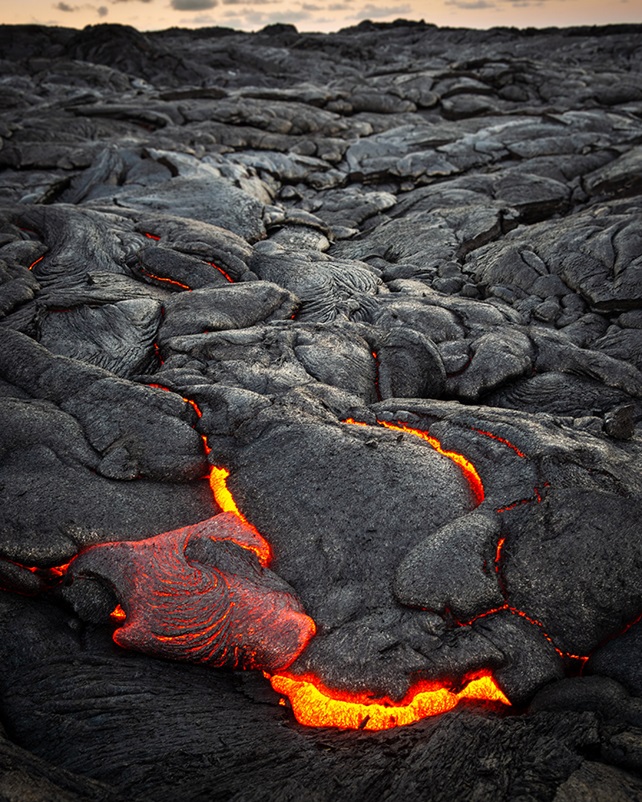
Session proposal guidelines
All proposals must meet these standards to be considered and will be reviewed by the AGU Fall Meeting Program Committee.
Before submitting your proposal, please take the time to carefully examine the list of session proposals already submitted to the meeting to ensure your proposed session does not significantly overlap with other sessions.
Session convener guidelines
At least one of the conveners must be designated as a ‘primary liaison’ and be available for discussions with the Program Committee regarding the session proposal during May and August. The full name, affiliation, and email address of each convener is required. All individuals listed as a convener must have agreed to serve as a convener before submitting the proposal.
Session submission limit
Session title guidelines
Session description guidelines
The description will be used during the review process. After the abstract deadline, proposed session descriptions will no longer be posted. Prior to acceptance, the Program Committee may request that conveners revise the session title and/or description or merge proposals on similar topics. Session descriptions will be posted during the abstract submission phase to assist submitters in identifying an appropriate session and will be published in the final program.
Restrictions
Sessions that are celebratory or honorary will not be considered. Sessions cannot be in tribute of a specific person or contain the name of a scientist in the session title or description. Proposals deemed to be primarily advertisements of commercial products and services or that contain the name of a specific experiment in the title or description will not be considered.
Proposals should not include potential invited authors or make special requests
Session conveners may not be the first author or presenter on an invited abstract in the session they are convening. Conveners may submit a contributed abstract to any session or a session they are convening; however, they must be scheduled as a poster presentation.
Review of existing session proposals
Alternate session formats
SWIRL Themes
SWIRLs (Sessions With Interdisciplinary Research Linkages) identify, link, and organize sessions covering major themes across various disciplines and sections. If appropriate, choose a corresponding SWIRL theme to help make your session more discoverable within the scientific program. There is a limit of 1 SWIRL selection per session proposal.
Collaborative session proposals
Invited authors
With the exception of approved Union and Centennial sessions, section sessions are able to invite up to two authors to submit abstracts to your session once abstract submissions open in June.
AGU’s main objectives for allowing invited authors include: (1) raising the profile of a session and (2) enticing authors who would not otherwise submit an abstract to a session in an effort to, for example, enhance diversity or interdisciplinary perspectives or feature early-career scientists.
IMPORTANT NOTE: Being an invited author does not guarantee that the person will receive an oral presentation unless it is a Union or approved Centennial session.
All invited authors may be subject to being scheduled either in an oral OR a poster session. If a session is allocated an oral session the authors in that session and the length of presentations will be determined by the conveners during the scheduling process.
AGU GO
Index terms
Session formats: traditional and alternate
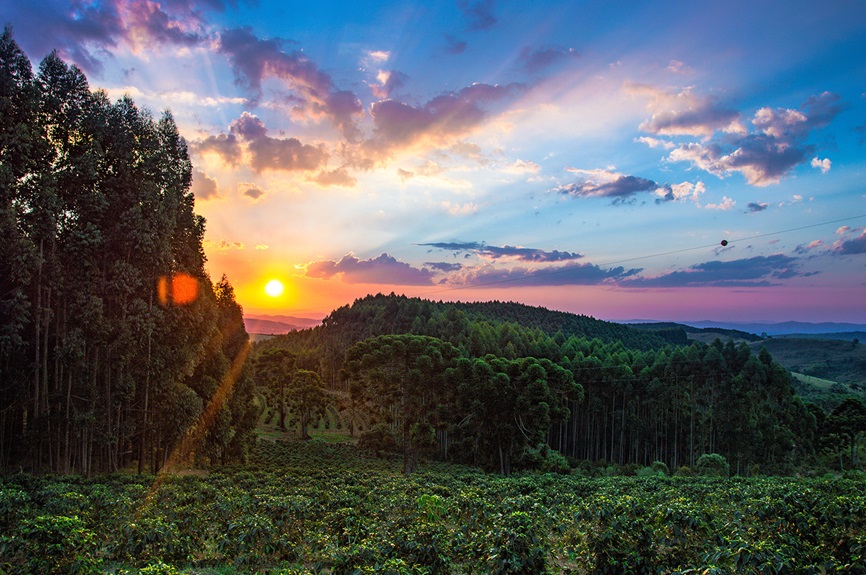
- Poster sessions receive half-day slots and will be displayed for a full day during the meeting but will be considered active only during the session time block. More than half of the presentations given at AGU Fall Meeting are poster sessions.
- Oral sessions receive a two-hour time slot. There are no one-hour sessions, except named lectures. Conveners may schedule these sessions with varying presentation lengths and as informal panels. Not all sessions receive an oral allocation.
- Panels are formal discussions in an oral session setting. Panels will be approved by the Program Committee after abstract submission and and are open to contributed abstracts. Abstracts not scheduled in an approved panel may be transferred to another session or scheduled in a poster session.
- Short talks are quick-changing oral presentations comprised of multiple five-minute talks or a mix of oral and poster presentations in an oral session setting.
- eLightning sessions are three-minute oral presentations, paired with digital, interactive, poster presentations.
- Poster only format selection indicates the convener requests only a poster session, without an oral session component.
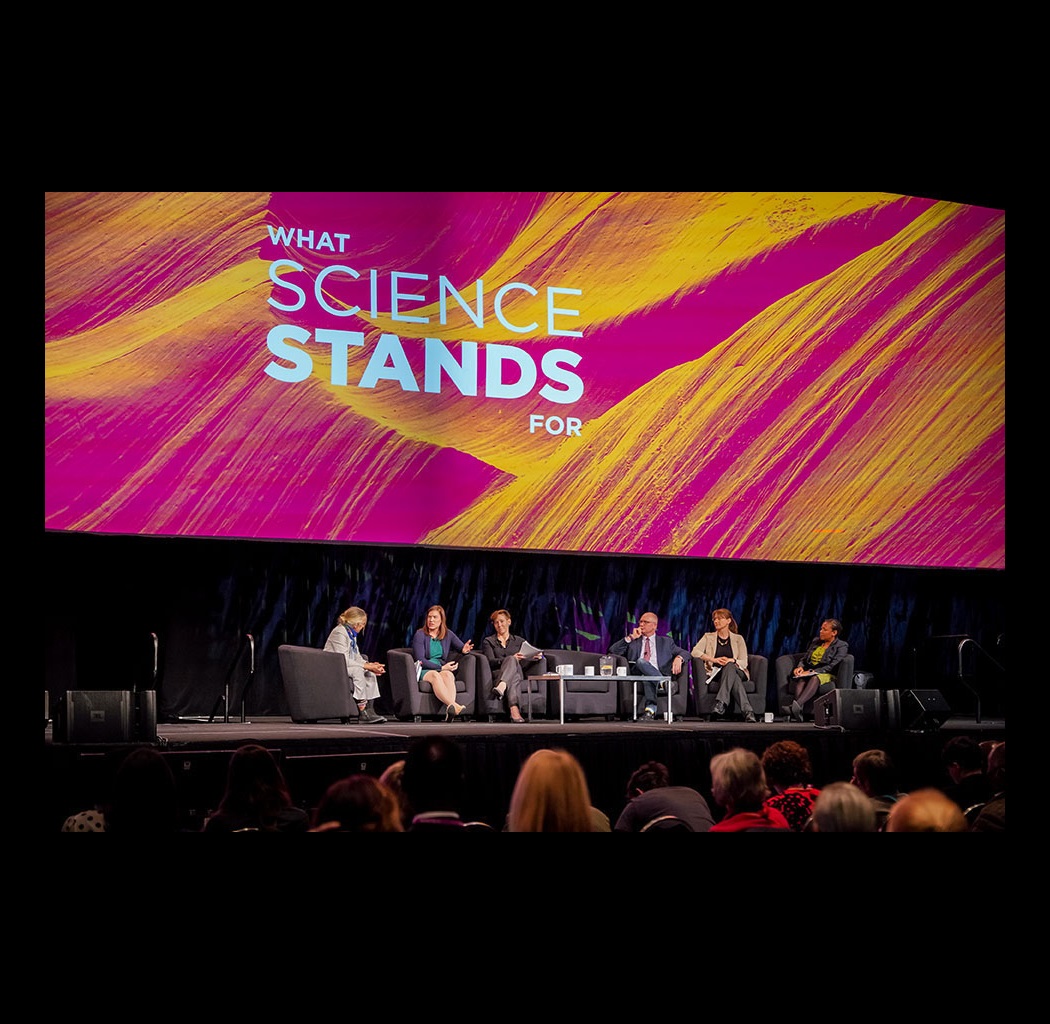
SWIRL themes
SWIRLs (Sessions With Interdisciplinary Research Linkages) identify, link, and organize sessions covering major themes across various disciplines and sections. If appropriate, choose a corresponding SWIRL theme to help make your session more discoverable within the scientific program. There is a limit of 1 SWIRL selection per session proposal.
Centennial SWIRL
Climate SWIRL
Data & Emerging Technologies SWIRL
Earth Processes SWIRL
Extreme Events & Hazards SWIRL
Natural Resources SWIRL
Planetary Discovery SWIRL
Science & Society SWIRL
Science Communication SWIRL
Soil SWIRL

-
1 AGU Section Cross-Listing
Conveners can select up to four AGU section cross-listings. These are used for indexing and as a point of reference for authors during the abstract submission process. They also help attendees find sessions of interest in the online program. -
2 Co-organized sessions
Co-organized sessions showcase transdisciplinary science. They indicate a collaborative effort among AGU sections. Co-organized sessions must have co-conveners with primary affiliations in different AGU sections. -
3 Co-sponsored Sessions
Co-sponsored sessions strengthen collaboration across organizations with whom AGU has an agreement and among members. They help attendees to find sessions of interest. See the full list of co-sponsoring organizations below.
Fall Meeting session co-sponsoring organizations

Proposing a Union session
-
1Union session proposals are approved by the chair of the AGU Fall Meeting Program Committee.
-
2Union sessions are the only scientific sessions that consist entirely of invited abstracts.
-
3There is no limit on the number of invited authors for Union sessions, but a maximum of eight authors is recommended.
-
4The length of presentations is at the discretion of the convener. Conveners are encouraged to schedule longer presentations in Union sessions (20–30 minutes), instead of the traditional 15-minute talks in other sessions.
-
5Union sessions are limited. Each approved Union session topic will be a two-hour oral session and do not have a poster component.
-
6If a session submitted as a Union session is not approved , it may be moved to a regular section session. That session is not guaranteed an oral allocation and must abide by the two invited author maximum.
-
7All Union and Centennial sessions will be part of AGU GO in 2019; all of the oral presentations in these sessions are required to be available.
Session proposal review process
The AGU Fall Meeting Program Committee will review all session proposals in mid-May. The evaluation process may include decisions to merge several proposals to ensure ample interest in each session and to avoid duplicate sessions on similar topics.
At least one of the conveners must be designated as a 'liaison' and be available for any discussions with the Program Committee regarding the session proposal in May. The Program Committee will notify conveners if sessions need to be merged or have their descriptions revised. Conveners will receive an email regarding the status of their proposal in early June 2018.
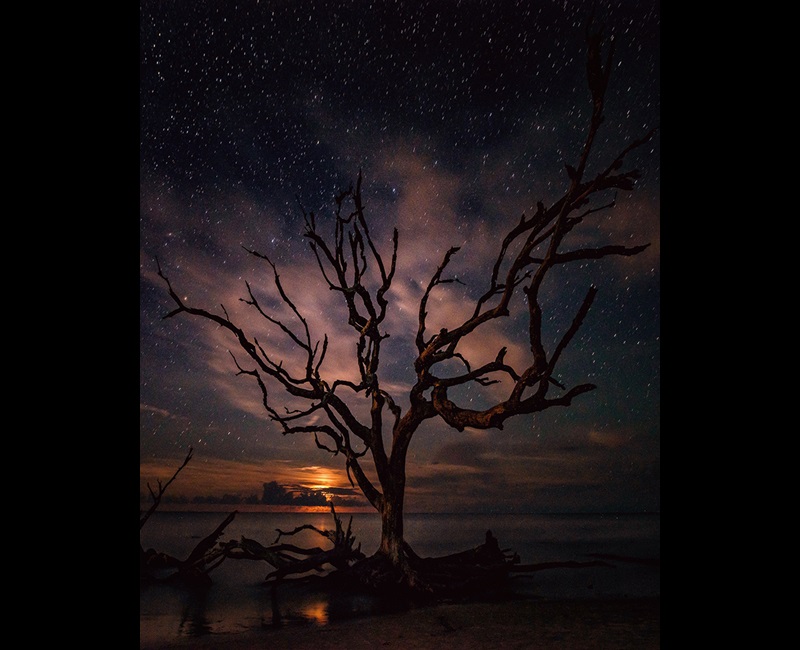
Session proposal important dates
-
1
Wednesday, 17 April 2019: Session proposals close at 11:59 p.m.,ET.
-
2April/early May 2019: Fall Meeting Program Committee contacts conveners for clarifications on sessions or requests to merge them. At least one convener must be available to respond to inquiries during this time.
-
3Mid-June 2019: Session proposal acceptance notification letters are sent, abstract submission site opens, and Invited Author tool opens.
-
4Mid-July 2020: Town hall and workshop proposal notification letters are sent.
-
5Wednesday, 31 July 2019: Abstract submissions close.
-
6August 2019: Fall Meeting Program Committee allocates and schedules sessions. At least one convener for each session (an AGU member) must be available to discuss mergers of sessions.
-
7Early October 2019: Authors are notified of the acceptance, format, and schedule of their abstracts. The official scientific program is made available.
-
8October 2019 through AGU Fall Meeting: The final program is developed based upon withdrawals and presenter moves, if necessary.
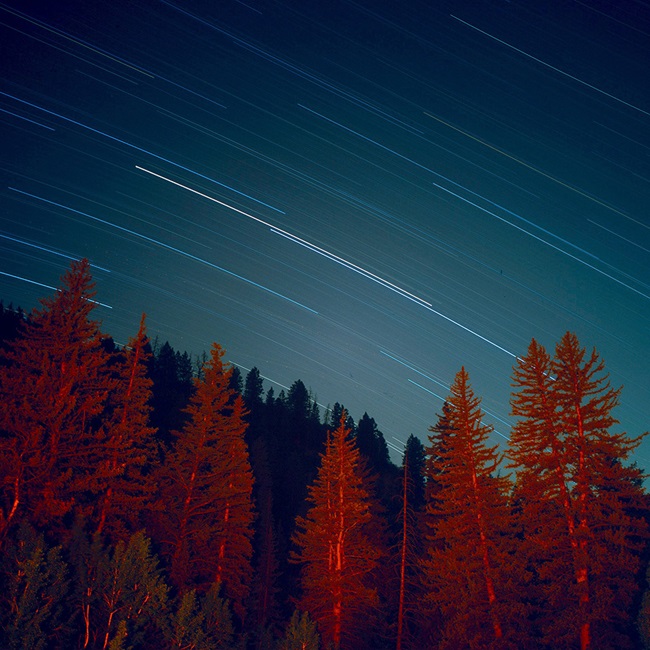
Town Hall proposal guidelines
Town Halls offer an opportunity for government agencies, academic programs, special projects, and other focused interest groups to gather input from the AGU community. They are open to all meeting participants. The Fall Meeting Program Committee reviews and assesses the proposals, and finalizes the schedule for all approved Town Halls.
All session conveners and chairs should review AGU's Scientific Integrity and Professional Ethics Policy.
Town Hall attendance and registration
Description requirements
AGU membership requirement
Primary contact and speaker list
Town Hall proposal important dates
-
1
Wednesday, 17 April 2019: Town hall proposals close at 11:59 p.m., ET.
-
2Mid-June 2019: Abstract submission site opens, and Invited Author tool opens.
-
3Mid-July 2020: Town hall and workshop proposal notification letters are sent.
-
4Early October 2019: Notifications of official scientific program schedule are sent.
-
59-13 December 2019: Fall Meeting at the Moscone Center in San Francisco, Calif.
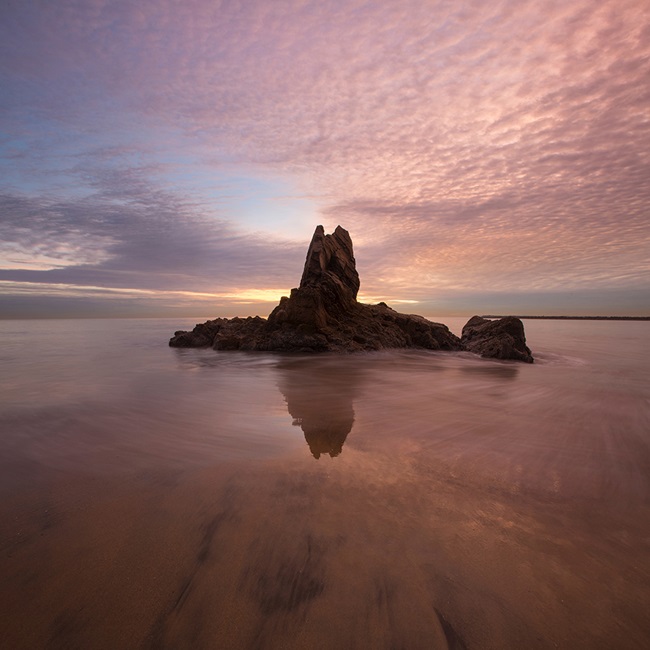
What is a scientific workshop?
Scientific workshops provide a way to share your knowledge, skills or other resources in a workshop setting, free from the format constraints of traditional scientific sessions. For examples of past workshops, view the Fall Meeting 2018 scientific workshop schedule.
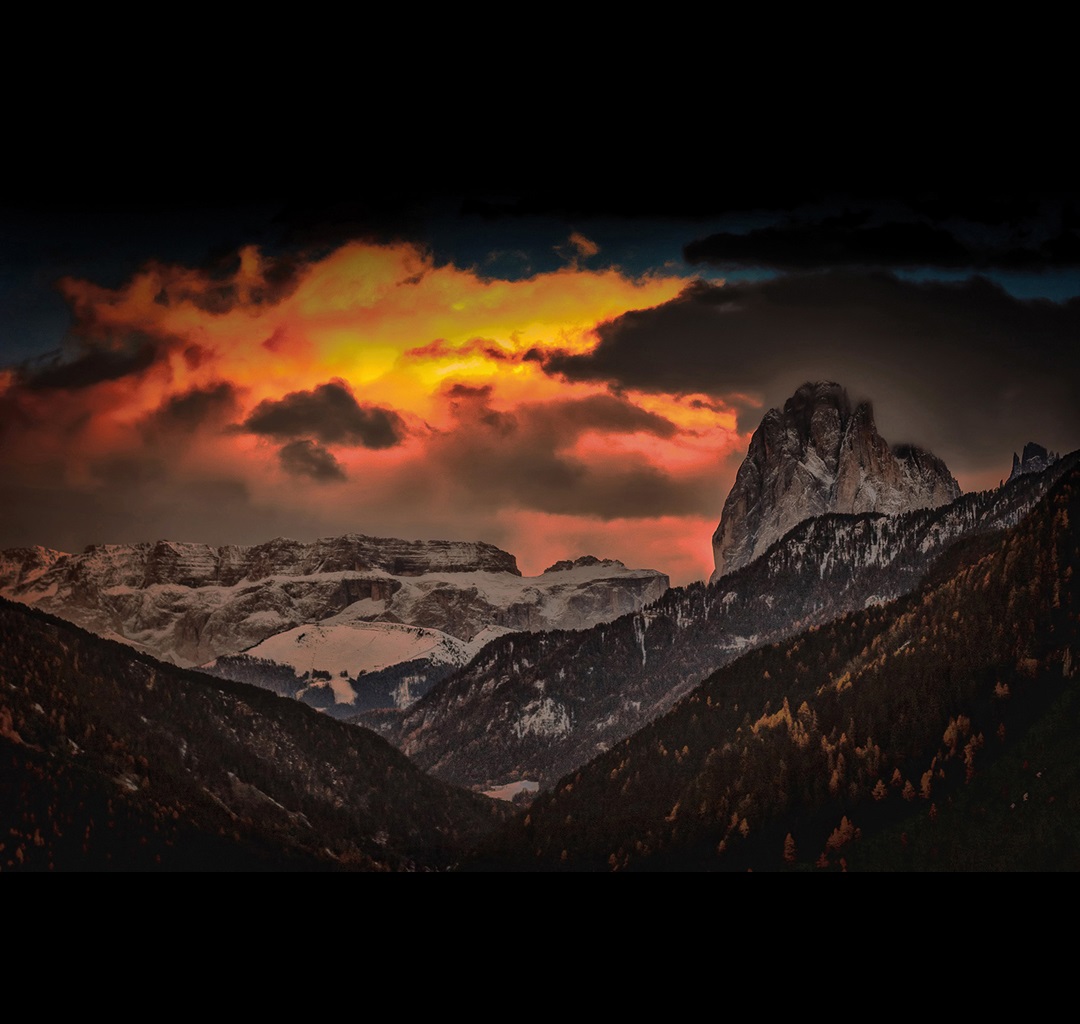
Workshop proposal guidelines
Proposals should include the following: a brief description (1-2 paragraphs) of the workshop, proposed agenda, at least one defined learning objective, and its relevance to the AGU community; names, and emails of all organizers and presenters; and a budget including available and known support.
All session conveners and chairs should review AGU's Scientific Integrity and Professional Ethics Policy.
Learning objectives
Workshop length
Attendance limits
Workshop length
Workshop registration fees
Workshop selection process
-
1The proposed workshop is transdisciplinary in focus.
-
2The workshop is educational or co-creative in nature. Workshops that are advertisements of commercial products and services will not be considered.
-
3The workshop proposal encourages analysis and reflection on scientific subject matter that formulate challenge problems and promote discussion, debates, and long-term visions for the discipline.
-
4The proposed workshop is creatively structured to promote discussion and interaction among the attendees.
-
5The proposal was submitted by a community that has not traditionally participated at Fall Meeting, but is relevant to Earth and space science.
-
6The workshop conveners have secured or have available external funding to cover base costs (AV, food, beverages) and lower registration fees.
-
7The workshop is organized by a diverse set of leaders versus a single convener (the committee recommends three to four).

Important dates
-
1Wednesday, 31 July 2019: Abstract submissions close.
-
2August 2019: Fall Meeting Program Committee allocates and schedules sessions. At least one convener for each session (an AGU member) must be available to discuss mergers of sessions.
-
3Early October 2019: Authors are notified of the acceptance, format, and schedule of their abstracts. The official scientific program is made available.
-
4October 2019 through AGU Fall Meeting: The final program is developed based upon withdrawals and presenter moves, if necessary.
-
57 November 2019: Early Bird registration and ticketed events close at 11:59 p.m., Eastern time.
-
615 November 2019: Housing portal closes at 11:59 p.m., Eastern time.
